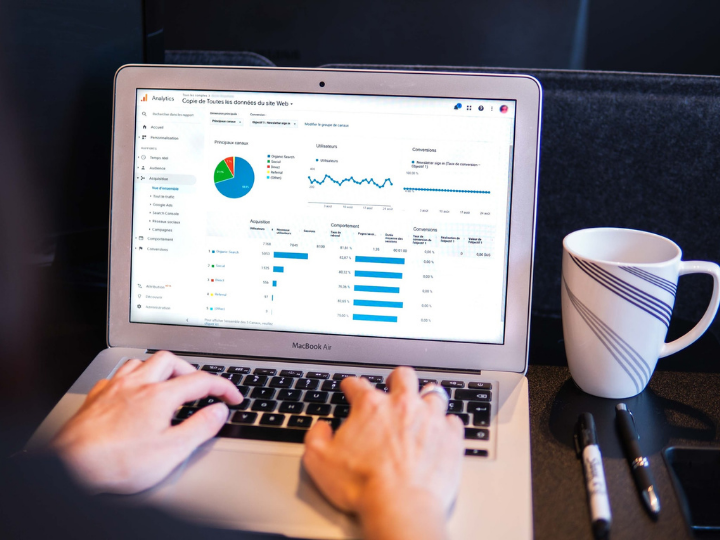by Antonios Zairis*
The fourth industrial revolution undoubtedly marks a new era both for businesses - whatever their size, in their constant effort to adapt and transform in the new digital environment, - and for the context of labour relations, which are being reshaped in the need to familiarise themselves with new work rhythms and required specialisation skills on the part of workers. In terms of the means of production, in addition to the production process and project actors, importance is now being attached to the intangible, intelligent, innovative and differentiated idea, as this is what adds value to the company.
On the other hand, faster and more efficient production is more likely to be achieved through the specialisation of workers and machinery. This redefinition of the nature of work ultimately provides value and harmoniously connects people, machines and modern technology. The flexibility and adaptability of the Organization, the resilience and conscientiousness of its employees constitute unchanging virtues and characteristics of a modern Management that looks to the future with well-founded hope and optimism - with no narrowly conceived established patterns of linear thinking since, with its values, it has the ability to perceive upcoming situations by designing victory strategies.
Flexibility and adaptability requires radical rearrangements in the organisational structure, as the relationship with new technology is the ideal solution for producing results. Traditional Hierarchy Business structures are being ’broken down’ and flexible networks of collaborative thinking and team spirit are empowering dynamic leaders, bringing them closer to achieving goals based on a new value framework.
The possibilities of facing everyday obstacles and the prospects of solving problems, as a result of a work redesign and a human-centred approach, are multiplying.
Adapting to the new demanding digital reality allows two-way, interactive communication with customers, suppliers, competitors and company staff - resulting in optimal collaboration between Directorates, Teams and Departments. The human-centric approach now forms the core philosophy of modern "business". Speed of adaptability and flexibility are ingredients for survival in the next day.
87% of businesses globally believe that digitalisation will bring about disruption and only 11% of them believe that it will eventually achieve high levels of agility and adaptability. It is these businesses that will face future challenges.
Resilience in the work environment is a valuable skill in order for employees to survive without impacting their mental health.
Workplace resilience is defined by Garcia-Dia (2013) as "the individual’s work capacity to recover and endure a difficulty, loss, change or crisis and even come out of it stronger".
Among the techniques to enhance resilience in work environment are the necessity of prioritizing goals at the personal level that reflects in work improvement, relaxing and decompressing work stress that aggravates stress, discovering the work rhythm and finding productive hours within working hours, neutralizing negative energy of people with difficult and peculiar behavior, daily conversation with oneself, etc. If to some extent the potential of these techniques is exploited, then the benefits of the work environment can be realized. Ιt is mindfulness that on the one hand, helps in developing the resilience of employees through emotional self-regulation and on the other hand, it helps in their positive approach with other colleagues. This is because their non-critical attitude to a situation that arises in the company in the present time gives them the advantage of "gaining" time and reassessing the situation more maturely.
It is certain that employees with a high level of mindfulness are more resilient to stress, because they differ from others in the way they perceive and evaluate a situation since they seek more resilient behaviour.
In conclusion, flexibility, adaptability, resilience and mindfulness are the driving forces behind the dominant prevailing consumer trends that will enable retailers to make the big leap and come out of the current crisis.
*Assistant Professor of Business Administration at Neapolis University of Cyprus and member of the American Economic Association




 By: N. Peter Kramer
By: N. Peter Kramer
